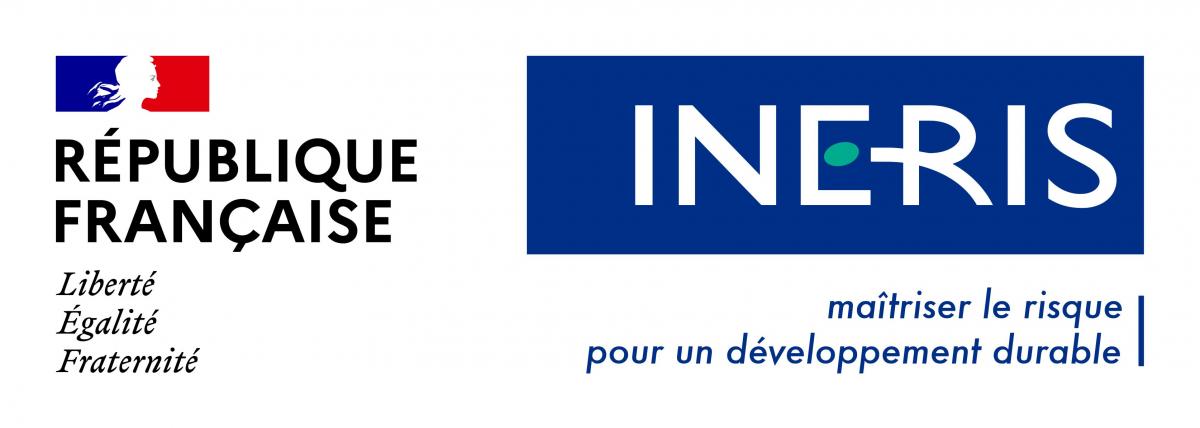Nanoparticles biodistribution studies: Optimization of lung digestion protocols for TiO2 NPs analyses by single particle-ICP-MS
Résumé
Inductively coupled plasma mass spectrometry (ICP-MS) is at that time the most used tool to quantify (oxide) metallic NPs in organs or tissues. It implies a sample mineralization and therefore a dosage of the metal in ionic form. In the nanotoxicology field, it is important to distinguish the substance form (particulate / ionic) as it could modulate the toxicity. Inductively Coupled Plasma Mass Spectrometry used in a single particle mode (spICP-MS) appears to be the technique of choice to measure in a single analysis the nanoparticle number concentration, the size distribution and the ionic concentration of a sample. Many studies exist on quantifying gold or silver NPs using sp-ICP-MS in aqueous suspension but few on titanium oxide NPs in biological matrices. To perform an ICP-MS analysis in single particle mode, a digestion of the organ is required. It must involve a protocol strong enough to remove all the organic matter, but gentle enough to avoid nanoparticle grain-sized modification. In this study, we first compared the efficiency of two digestion methods, an enzymatic digestion and an alkaline digestion. Thus, a rat lung was spiked (miming an intratracheal instillation) with a known quantity of TiO2 NPs (NM100 from JRC) in suspension. This spiked level was around 1g/L. It is not related to a real exposition but was chosen only to evaluate the performance of the two protocols. Then, the spiked organ was homogenized using a freezer mill and afterwards digested with TMAH (Tetramethylammonium hydroxide) for the alkaline digestion, and proteinase K for the enzymatic digestion. Finally, analyses were done by two approaches: - a total quantification (acid mineralization and ICP-OES analysis) of Ti to evaluate the yield of recovery. - a sp-ICP-MS analysis to assess if the concentrations measured after an enzymatic or alkaline digestion are similar to the classic ICP-MS concentration measurement. Enzymatic digestions show the best yields with a good reproducibility. Single particle-ICP-MS analyses are still processing and seem to agree with total concentration values.
